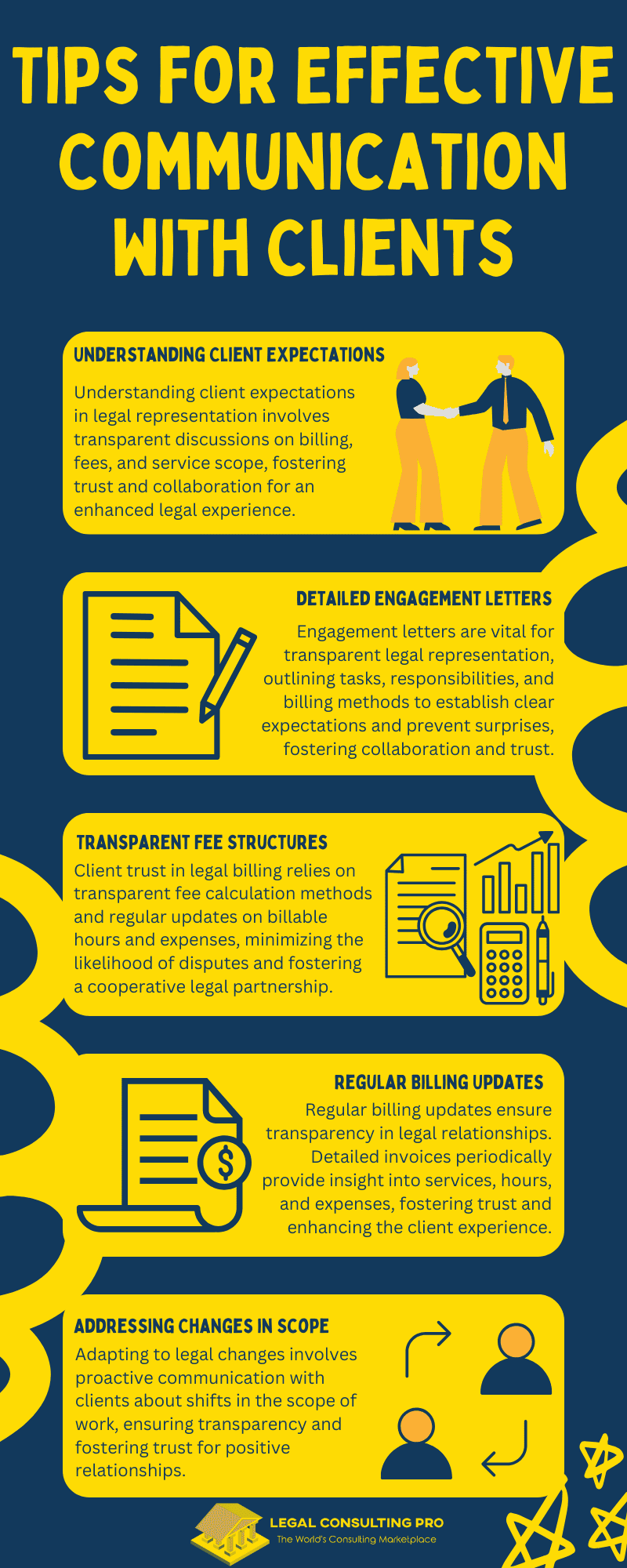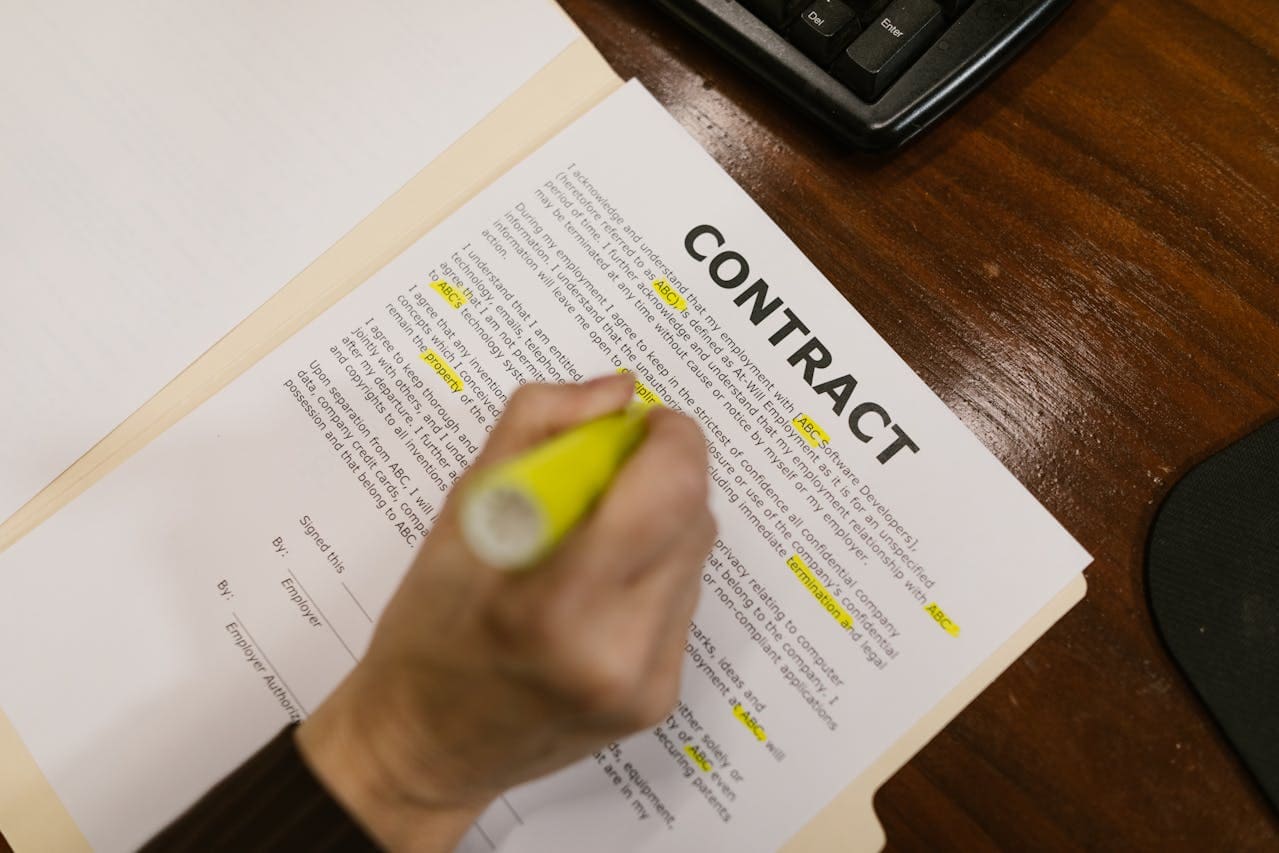In the intricate realm of legal practice, maintaining transparent communication with clients is paramount to avoiding billing disputes. Legal professionals must navigate the delicate balance of setting clear expectations, offering transparent fee structures, and addressing changes in scope promptly. This article will delve into essential tips for fostering effective communication with clients, from crafting detailed engagement letters to seeking feedback. By implementing these strategies, legal consulting experts can not only prevent misunderstandings but also cultivate trust and satisfaction, ensuring robust and amicable relationships with their clients in the realm of legal billing.
Legal Billing and Its Importance
Legal billing is the systematic process by which legal professionals record, track, and invoice clients for the services provided. It is a critical aspect of the legal world, playing a pivotal role in ensuring transparency, accountability, and the fair compensation of legal practitioners. Here are key points highlighting the importance of legal billing:
- Fair Compensation: Legal billing ensures that legal professionals are compensated fairly for their time, expertise, and services. Many legal practitioners charge clients based on billable hours, reflecting the time invested in a specific case or legal matter.
- Transparency and Accountability: Transparent billing practices provide clear communication about the costs associated with legal services. Legal billing holds professionals accountable by offering clients a detailed breakdown of the services rendered.
- Client Expectations: Legal billing helps in setting realistic expectations with clients regarding the financial aspects of their legal representation. Transparent billing practices prevent unexpected fees, contributing to a positive client experience.
- Scope of Work: Billing details often include the scope of work, outlining specific legal services covered by agreed-upon fees. Any changes in the scope of work can be communicated through billing, avoiding surprises for clients.
- Legal Ethics and Compliance: Proper billing practices align with legal ethics, ensuring compliance with professional standards and regulations. Accurate and transparent billing helps in avoiding legal disputes between legal consulting experts and clients.
- Resource Allocation: Legal billing assists law firms in allocating resources effectively by identifying profitable areas of practice. It aids in financial planning for law firms, allowing them to manage cash flow and allocate resources strategically.
In essence, legal billing goes beyond mere financial transactions. It serves as a cornerstone for building trust, managing client expectations, and upholding ethical standards within the legal profession. Embracing transparent billing practices contributes to a more efficient and client-centric legal landscape.
Tips for Effective Communication with Clients
Legal billing disputes can strain relationships between lawyers and their clients. Misunderstandings, unclear communication, and lack of transparency often contribute to these conflicts. To maintain trust and transparency, legal consulting experts must establish clear lines of communication and set realistic expectations with their clients regarding billing practices. Here are some tips to avoid legal billing disputes through effective communication.
Understanding Client Expectations
Understanding client expectations in legal representation necessitates a comprehensive discussion encompassing billing practices, fee structures, and the scope of services. This involves transparently outlining the billing method, be it hourly rates, flat fees, or contingency arrangements, and explaining the fee calculation process to align financial expectations. Clearly defining the scope of services ensures that both parties comprehend the tasks, responsibilities, and limitations involved in the legal representation, providing a roadmap for the client throughout the process.
Creating an open dialogue encourages clients to express concerns and seek clarifications upfront, preempting potential misunderstandings and fostering a proactive approach to addressing billing matters. This transparent and proactive communication at the outset of the attorney-client relationship serves as a preventive measure, establishing a foundation of trust and collaboration to enhance the overall legal experience.
Detailed Engagement Letters
Crafting comprehensive engagement letters is crucial for establishing transparent terms in legal representation. These letters go beyond formality, serving as detailed roadmaps that articulate the intricacies of the attorney-client relationship. They outline the specific tasks, responsibilities, and limitations of the legal representation, providing a clear scope of work.
Additionally, engagement letters define the billing methods, whether hourly rates, flat fees, or contingency arrangements, ensuring transparency and setting realistic financial expectations. Details about hourly rates shed light on the cost associated with the attorney’s time investment, while the inclusion of retainer fees addresses upfront financial commitments. Anticipating potential additional expenses, these letters prevent surprises and enhance transparency during the legal process.
By serving as a reference point, comprehensive engagement letters foster clarity and alignment between both parties, establishing a strong foundation of mutual understanding regarding billing procedures in the attorney-client relationship. Overall, these letters not only prevent misunderstandings but also underscore a commitment to transparent and collaborative legal representation from the outset.
Transparent Fee Structures
Client trust in legal billing is nurtured through transparency. Clearly defining fee calculation methods, whether hourly, flat, or contingency, ensures clients grasp the financial aspects of legal services. Regular updates on billable hours and expenses maintain client awareness of ongoing financial commitments, preventing surprises and showcasing a commitment to open communication.
Transparent fee structures not only build trust by offering a clear understanding of financial implications but also significantly diminish the likelihood of billing disputes. When clients are well-informed about costs, potential conflicts are minimized, contributing to a cooperative legal partnership. In essence, transparent fee structures act as a proactive measure, fostering trust and averting billing-related disputes in the attorney-client relationship.
Regular Billing Updates
Sustaining open communication in legal relationships involves the regular provision of billing updates. Periodically sharing detailed invoices is essential, shedding light on the services rendered, hours invested, and expenses incurred. Breaking down charges in a clear and comprehensible manner is crucial, ensuring clients fully understand the work being conducted on their behalf.
This transparency not only keeps clients informed about the ongoing financial aspects of their representation but also demonstrates a commitment to openness and accountability in legal services. Regular billing updates go beyond mere financial transactions; they serve as a proactive measure to prevent misunderstandings, maintain trust, and enhance the overall client experience in the attorney-client relationship. In essence, clear and regular communication through billing updates is integral to fostering transparency and a positive rapport with clients.
Addressing Changes in Scope
Adapting to evolving legal matters necessitates proactive communication with clients regarding changes in the scope of work. Promptly informing clients about such adjustments is crucial. Clearly explaining the reasons behind these modifications and their potential impact on fees ensures transparency and prevents surprises for clients.
Importantly, obtaining client consent before proceeding with any additional work that might affect billing is a fundamental practice. This not only respects the client’s autonomy but also fosters trust and a collaborative approach in the attorney-client relationship. By engaging in open communication and seeking client consent, legal consulting experts not only navigate changes seamlessly but also demonstrate a commitment to transparency and client satisfaction in the dynamic landscape of legal representation.
Addressing evolving legal matters with prompt communication and obtaining client consent is a proactive strategy that contributes to positive client relationships.

Encouraging Client Communication
Encouraging clients to reach out with any billing-related questions or concerns is essential for maintaining transparent communication. Creating an environment where clients feel comfortable discussing billing matters openly establishes trust and openness in the attorney-client relationship. Addressing their queries promptly and professionally is crucial to prevent misunderstandings from escalating into disputes.
This proactive approach not only demonstrates a commitment to client satisfaction but also contributes to a positive and collaborative legal partnership. By fostering an atmosphere where clients feel heard and supported in addressing billing matters, legal consulting experts play a vital role in preventing conflicts and enhancing the overall client experience.
Handling Billing Disputes
Even with diligent efforts, billing disputes may surface. When confronted with such challenges, it is imperative to approach the situation with empathy and understanding. Listening attentively to the client’s concerns is crucial, as it fosters an environment of collaboration. Working collaboratively towards finding a resolution is key, whether through a detailed explanation of charges or making necessary adjustments to the bill.
This approach demonstrates a commitment to addressing client concerns and a willingness to resolve issues amicably. By handling billing disputes with empathy and a collaborative spirit, legal consulting experts not only navigate conflicts effectively but also contribute to the preservation of positive attorney-client relationships.
Documenting Communications
Maintaining meticulous records of all communications related to billing matters is fundamental to legal practice. Documenting discussions, agreements, changes in scope, and any adjustments made to billing arrangements is a proactive measure that provides clear evidence in case of disputes. This detailed documentation not only serves as a record of the evolution of the attorney-client relationship but also ensures transparency in the legal dynamics.
In the event of any disagreements or discrepancies, clear documentation becomes a crucial reference point, aiding in the resolution of disputes and preventing misunderstandings. By consistently documenting every aspect of billing-related communications, legal consulting experts not only bolster their record-keeping practices but also establish a foundation for trust, accountability, and clarity in the attorney-client relationship.
Seeking Feedback
Encouraging clients to openly voice their inquiries or uncertainties regarding billing procedures is crucial for fostering transparency within the attorney-client relationship. Cultivating an environment where clients find ease in discussing financial aspects establishes a foundation of trust and accessibility.
Legal consulting experts, by actively engaging and supporting clients in addressing billing concerns, assume a pivotal role in conflict mitigation and elevating client satisfaction levels. Ultimately, advocating for transparent discussions on billing matters and promptly attending to client apprehensions stands as a proactive measure, reinforcing trust and averting potential conflicts during the legal representation journey.

Conclusion
Preventing legal billing disputes hinges on effective communication—a cornerstone in client relationships. Essential to this is clear, transparent, and proactive communication regarding billing practices. Legal consulting experts can diminish the likelihood of disputes by setting realistic expectations, maintaining transparency, and promptly addressing client concerns. Establishing a foundation of trust and satisfaction is achievable through consistent, open communication.
Legal consulting experts who prioritize these principles contribute to a positive client experience, ensuring that clients are well informed and confident in the financial aspects of their legal representation. Ultimately, by prioritizing clear and proactive communication in billing practices, legal consulting experts not only mitigate potential disputes but also fortify trust, satisfaction, and a positive attorney-client relationship.
Similar legal billing blogs:
The Top Features and Must-Knows for Selecting Your Legal Billing Software!
Legal Billing for Pro Bono Cases: Balancing Social Impact and Financial Considerations













































